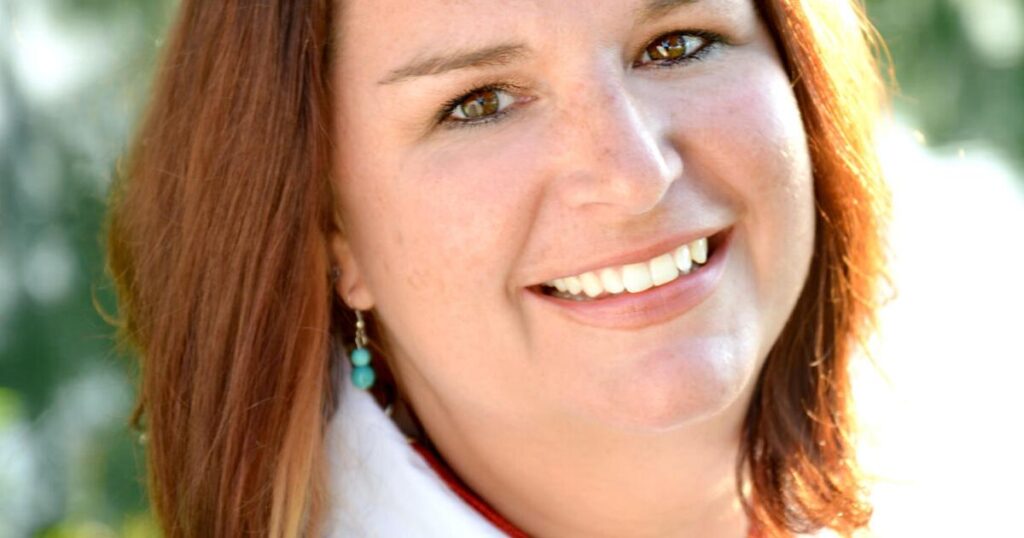
Brenda Velissaris
In the U.S., nearly 30 million people will have an eating disorder in their lifetime. These conditions have one of the highest mortality rates of any mental illness. Yet, despite being one of the most common and deadly mental illnesses, until recently there has been shockingly little regulation of eating disorder treatment programs in Colorado.
The lack of historic oversight is surprising, given Colorado is a well-known hub for eating disorder treatment. Though the Colorado Department of Public Health and Environment has been able to conduct inspections and investigate complaints, the state has not had specific regulation and licensure requirements for practices specializing in the treatment of disordered eating.
Stay up to speed: Sign up for daily opinion in your inbox Monday-Friday
The Colorado legislature took an important step toward regulating patient safety in passing SB24-117, which protects patients and providers alike by increasing oversight and accountability. The new legislation provides the guardrails the field has lacked to ensure all providers align with evidence-based, industry-best practices for outpatient and inpatient treatment.
No later than Jan. 1, 2026, the Behavioral Health Administration (BHA) will require all eating disorder treatment clinics to hold an appropriate designation based on the level of care they provide, and the BHA will create rules to regulate patient safety. These changes to the status quo will bring consistency to licensure requirements for clinics and clinicians.
Treating eating disorders is complex. Helping patients understand the roots of their condition and setting them on a path to lasting recovery requires a multifaceted approach — dietary therapy, family therapy, medical management and group therapy. Without clear guidelines, corners can be cut making it difficult to create and implement effective therapeutic programs. Subsequently, the lack of clarity regarding what truly defines quality care makes it difficult for patients and their loved ones to evaluate treatment programs.
Though the eating disorder population is multifaceted, all patients can now expect their providers to:
Follow evidence-based therapeutic guidelinesEmploy trained, licensed cliniciansOffer individual, group and family therapyHave a responsible ratio of staff to patientsHave respect for patients’ privacy
This oversight doesn’t just protect patients — it protects providers too. Once signed into law by the governor, this legislation will bring a new era of eating disorder treatment to Colorado that ensures everyone is working toward the same goal: positive patient outcomes.
Colorado has taken an important step in making sure when it comes to eating disorder treatment, quality care and patient safety are not just talking points on a brochure — it’s the law.
Brenda Velissaris, NCC, LPC, CEDS-C, has spent the last 19 years specifically focused on eating disorder treatment and advocacy. She currently serves as clinical director of EDCare, a leading provider of comprehensive eating disorder treatment services headquartered in Denver. She holds the esteemed credential of certified eating disorder professional supervisor, the highest credential offered to someone in the eating disorder field.

